Seafood Pairing

Kanchiku Junmai Daiginjo is an elegant sake produced by Totsuka Shuzo, a historic brewery founded in 1653 in Nagano Prefecture. Its name, “Kanchiku,” meaning “winter bamboo,” symbolizes both grace and resilience.
Kanchiku is made from locally grown Miyamanishiki rice polished down to 49% and pure spring water from the Yatsugatake Mountains. The combines natural purity and centuries-old brewing tradition. Slow fermentation and low temperatures results in a refined expression, balancing delicate aromas with a clean, polished taste that highlights the craftsmanship.
On the nose, Kanchiku Junmai Daiginjo reminds of sweet botan rice candy, leading into a richer palate. It continues with a similar chewiness of botan rice and then refreshing acidity. The finish is light and vibrant, making it a versatile partner for richly flavored dishes like fatty fishes, hams, where its richer character cuts through savory-sweet profiles.
Enjoy it slightly chilled or at room temperature.
Hyaku Moku Alt 3 is a special sake as it’s an unusual combination of several genshu (original strength) brewed from high quality yamada nishiki rice by a master blender. This makes for, despite the genshu origins, an exceptionally well balanced sake that’s both full bodied and slightly brighter than their Hyaku Moku Junmai Ginjo equivalent.
There’s also some slight fragrance of fuji apple and muscat.
Tamanohikari’s Junmai Daiginjo holds a special place in my heart. Why? it’s one of the first sakes that made me take a step back and think—“Wow, is this really what sake should taste like?”
Based out of Fushimi in Kyoto, Tamanohikari makes a stunner of a daiginjo. As you smell the sake in the glass, an aromatic perfume of flowers, melon, passion fruit, and a touch of coconut spring up. When tasting, it also presents a delicate but fatty texture with a hint of melon on the palate.
Beginners and seasoned sake lovers will enjoy Tamanohikari’s Junmai Daiginjo. It goes well on its own and can pair alongside richer foods.
Think of Kikusui Junmai Ginjo as that stalwart friend who you can always call up in a moment’s notice and won’t let you down. This junmai ginjo an all-around good sake with medium body, a classic taste and short finish that lets the food pairing do most of the talking. We’ll also get light citrus notes on the nose.
Kikusui Junmai Ginjo is for those looking for an easy choice that will pair with most foods. Serve chilled with fish, white meats or vegetables.
The original romance. While I was at my first sake tasting, I knew I was coming across a special brewery after shaking hands with the slick, pomade hair-styled owner.
True to the name, Born Gold by Katoukichibe Shouten is an outstanding daiginjo with a translucent golden hue. Look for notes of fruity melon on the nose, a rounded body and Asian pear on the palate.
Born Gold is a tasty and elegant sake. It’s good for beginners and seasoned tasters alike, in a bottle that’s impressive to look at too. Serve chilled, with fish or on its own.
We’re proud to feature this Junmai Ginjo sake handcrafted by Nobuko Inaba for a few reasons. One—she’s one of the few female head brewers in Japan; two—it’s simply an all-around premium sake that will impress even those who are new to sake.
Minanogawa showcases fragrant aromas including ripe lychees and bananas. There’s also a soft texture with a hint of strawberry on the palate. Countless customers are consistently impressed with this sake’s elegant profile.
What does “snow aged” mean? If you can believe it, it means exactly that: sake stored for years in a snow-filled room. The end result of the aging process is that Hakkaisan Snow Aged 3 Years Junmai Ginjo is a stellar sake with a richness, full body and structure to enjoy on its own, with red meats or with rich foods. This is the bottle to get to impress even seasoned sake lovers.
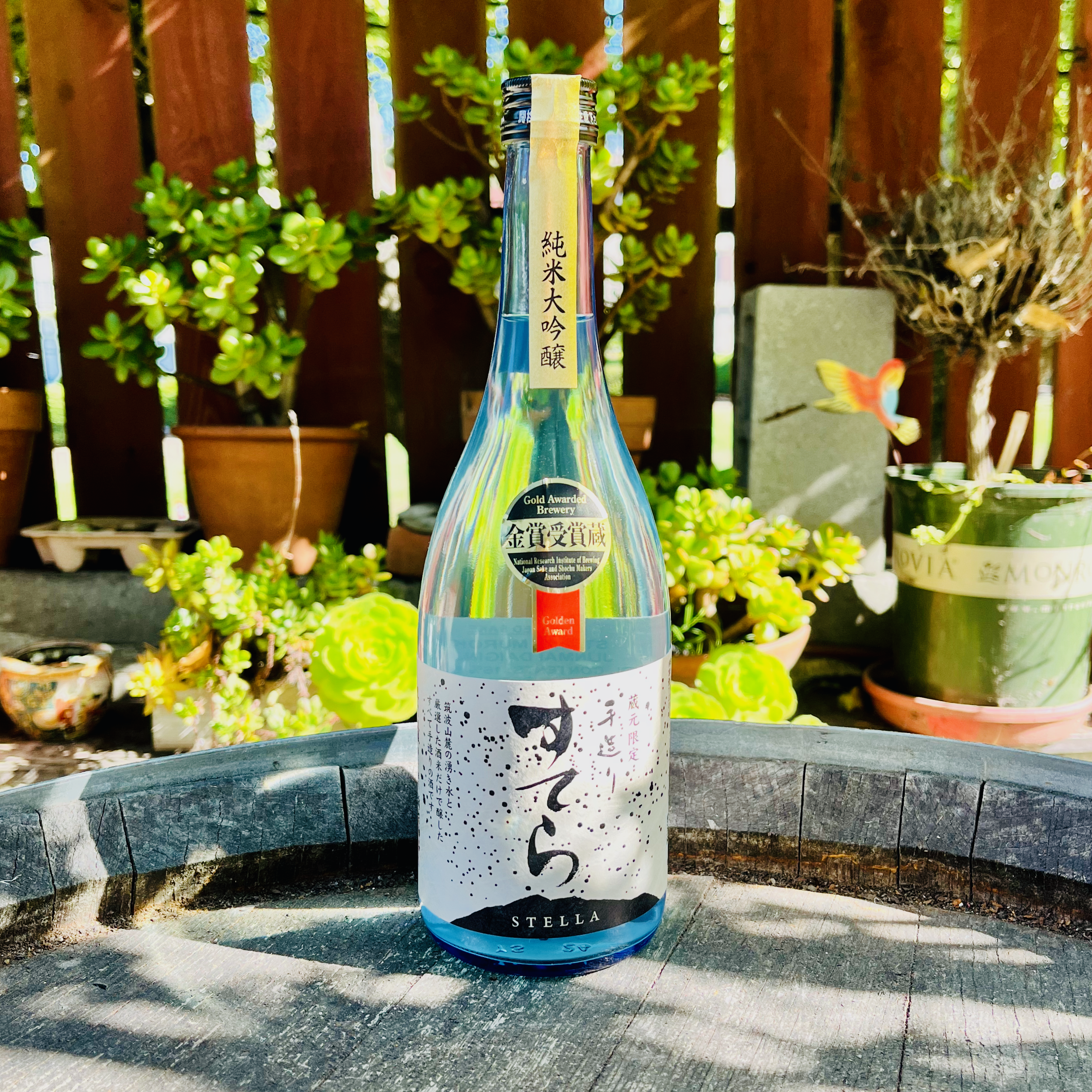
Stella by Inaba Shuzo is a highly coveted sake that head brewer, Nobuko Inaba, only makes very limited quantities of. Hand brewed with pure spring water from Mt. Tsukuba in Japan’s Ibaraki prefecture, this sake is gentle, clean and has vibrant fruit notes. When you taste Stella it becomes no wonder that it has won medals from national sake awards ceremonies and IWC (International Wine Challenge).
This is a more refined version of Kikumasamune’s Hyaku Moku. Similar to their junmai ginjo, this junmai daiginjo is made with 100% Yamada Nishiki grown in Hyogo Prefecture but grounded to a 39% rich polishing ratio.
As a result, Hyaku Moku daiginjo is has a slightly richer profile with excellent balance of acidity and dryness. There are tropical fruit tones like juicy lychee and subtle hints of strawberry.
This one is a real special Daiginjo sake from brewery Take no Tsuyu, which is based out of Yamagata prefecture in northeastern Japan. Called “Hakuro Suishu”, the small production sake is meticulously hand crafted and has notes of fragrant sweet, ripened fruit with an exceptionally balanced profile. There’s also a softness to its texture characteristic of the Yamagata region.
The sake can be served chilled on its own or with food like beef, pork, fried foods.
This is a special bottle. Kikusui Junmai Daiginjo is made from Kikusui rice, which was a nearly extinct rice strain until the company brought it back from no more than 25 remaining seeds.
The effect of using Kikusui rice is a remarkable sake. It produces a distinct pineapple Hi-Chew-like aroma. It has medium body with balanced acidity, and overall dry to off-dry. Recommended to have this served chilled for a fuller body and better integration of these characteristics!
Are you planning on having a full flavored dinner? Say--spicy Chinese food or fried cajun or something of the like. Then, this is your sake to pair it with.
Wakatake Onikoroshi Junmai Daiginjo doesn't have the same fruity characteristics as some of its peers; maybe just a bit of ripe tropical or concentrated honeydew, if anything. What it does have instead is a dry profile, and short-to-medium finishand a touch higher alcohol content that demands to be alongside food.
Grab some San Tung dried fried chicken or some hot pot or ribs, and do that with this sake. It'll be fantastic.
Imagine a room filled with snow all year round, then some of the best, well produced sake is placed inside and aged for 8 years. That's essentially what Hakkaisan has done here where they have kept a special snow-filled room called a yukimuro at constant temperature in order to gently condition the sake in order to develop complex layers of flavor.
With this sake, we can get toasted rice notes, alongside a crisp, elegant and clean profile. Exceptionally well balanced. Offer this as a gift for your sake-loving friends or open up for a special occasion. You'll love this bottle.
Kikusui's Junmai Daiginjo Sakamai Genshu is a mouthful to say aloud, but speaks volumes when you want to give it as a gift or to serve for special occasions.
This daiginjo is made with a rare and almost extinct sake rice, the eponymous kikusui rice. The kikusui rice species is originally from Niigata prefecture and only had 25 individual grains left. With the partnership between local agricultural associations and farmers, the rice was able to be cultivated once again for making small batches of sake.
The result is a sake with an exceptionally crafted sake. It has a dry profile, elegant aroma (reminiscent of fresh apple) and rich flavor. The texture is perfectly rounded too. As a genshu with its slightly higher alcohol content, you'll get a more mature and mellower characteristic.
There’s a subtle elegance in Otokoyama’s Kita no Inaho, a junmai daiginjo.
With a mild, grape-on-the-vine aroma and a clean, understated profile, this sake reveals layers of nuanced rice character. It’s suited for pairing with delicate dishes like sushi, steamed fish, or even something like a Chinese steamed chicken with hot oil and green onions.
Otokoyama Kita no Inaho is smooth and unassuming that you'll find yourself reaching for glass after glass. It’s a great choice for sake enthusiasts looking for something nuanced and sophisticated.
This is a quality sake all around. Yonetsuru Sake Brewery's "Longevity" Junmai Daiginjo has a traditional sake aroma profile with faint notes of grape, pineapple and/or lychee upon taste. It has a soft texture with perhaps a lower acidity than some other sake. The result is a refreshing character and surprisingly pleasant.
We recommend pairing this with light Japanese fare with an emphasis on cleaner white fishes like tai, hirame, or suzuki. This junmai daiginjo is also fantastic to enjoy on its own. Just be sure to chill it before serving!
Full bodied yet with delightful fruit notes, this is a high quality junmai daiginjo sake that’s not going to break the bank. Serve this in a wine glass to get the most enjoyment. You can even gently warm it up to get a different take!
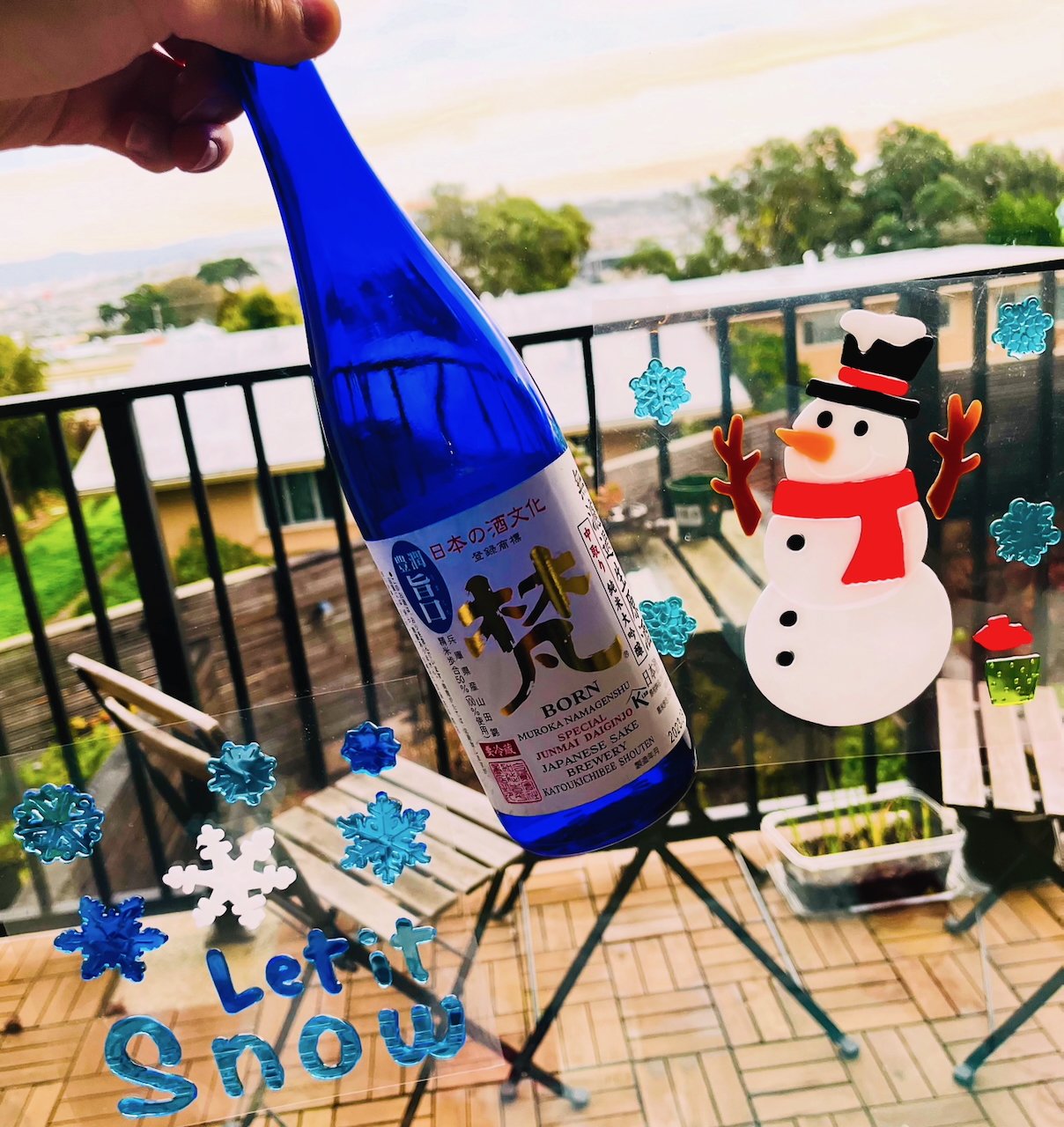
Do you like Born Gold but want something a little more oomph? Then grab this bottle. Born Muroka Nama Genshu has that touch of fruitiness that we expect from Born Gold, but thanks to the genshu (un-cut sake) aspect of it, we find enough body where we can now pair the food with some red meats or fattier fishes now.
If you haven’t had Born Gold yet, try that one first. This Junmai Daiginjo Nama Genshu is a fantastic follow up.
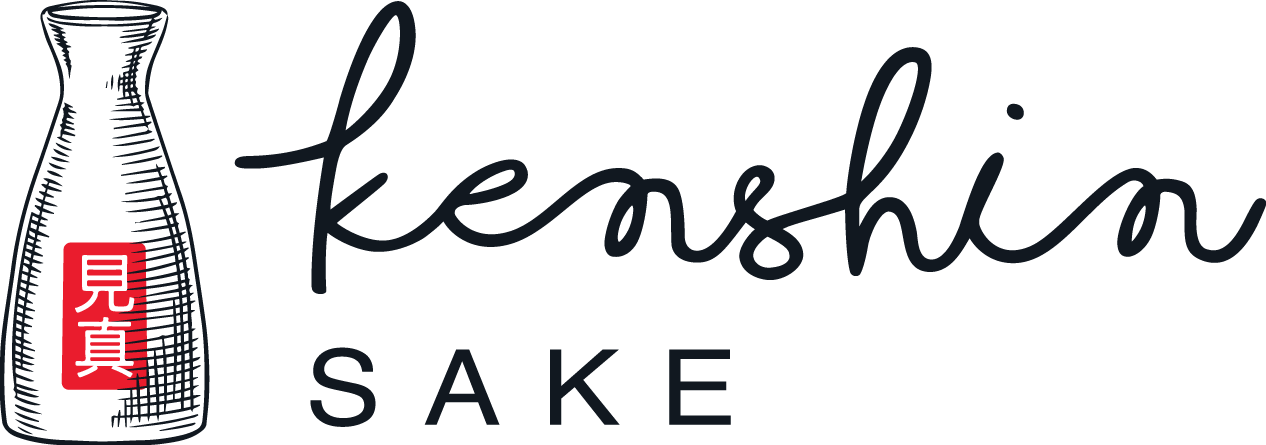
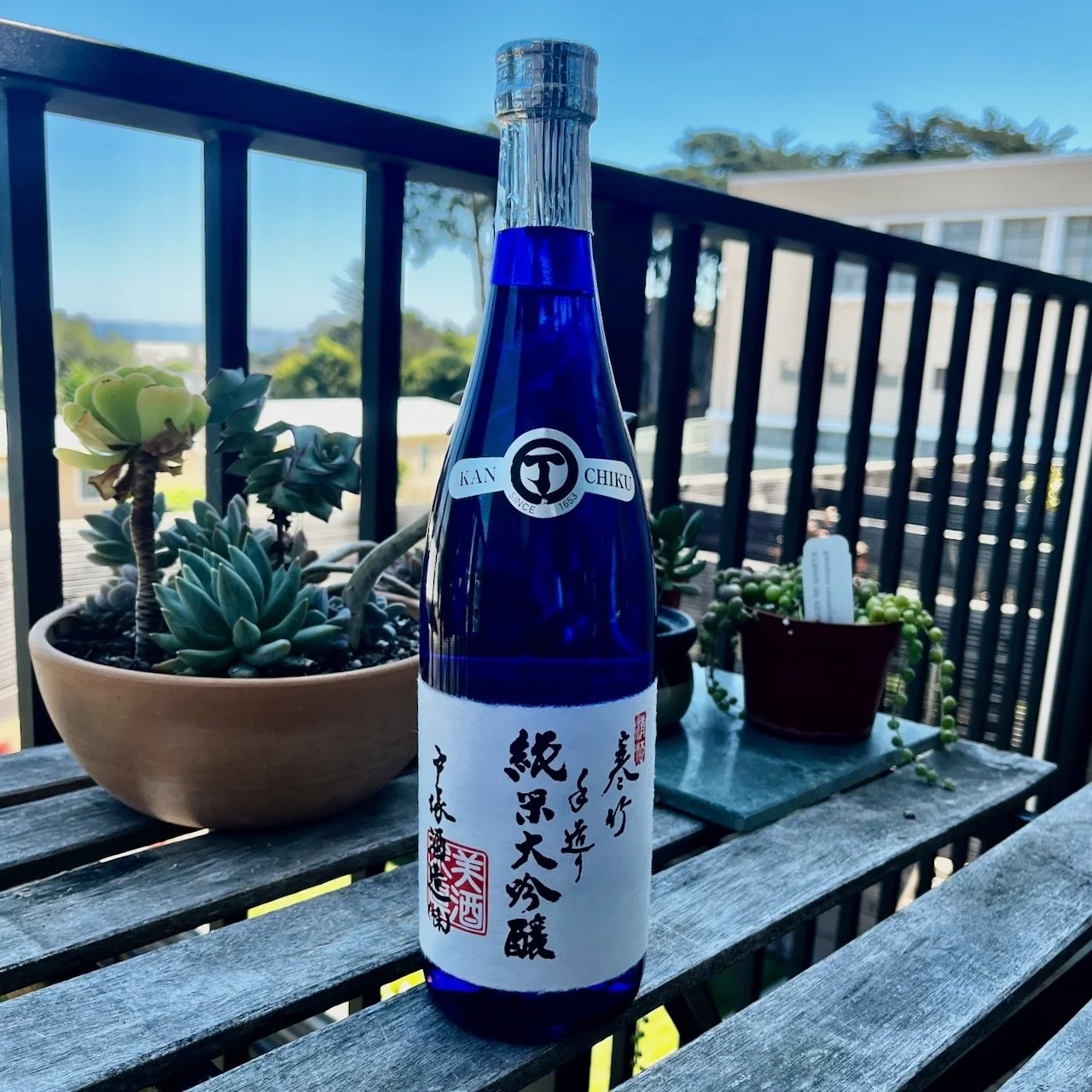
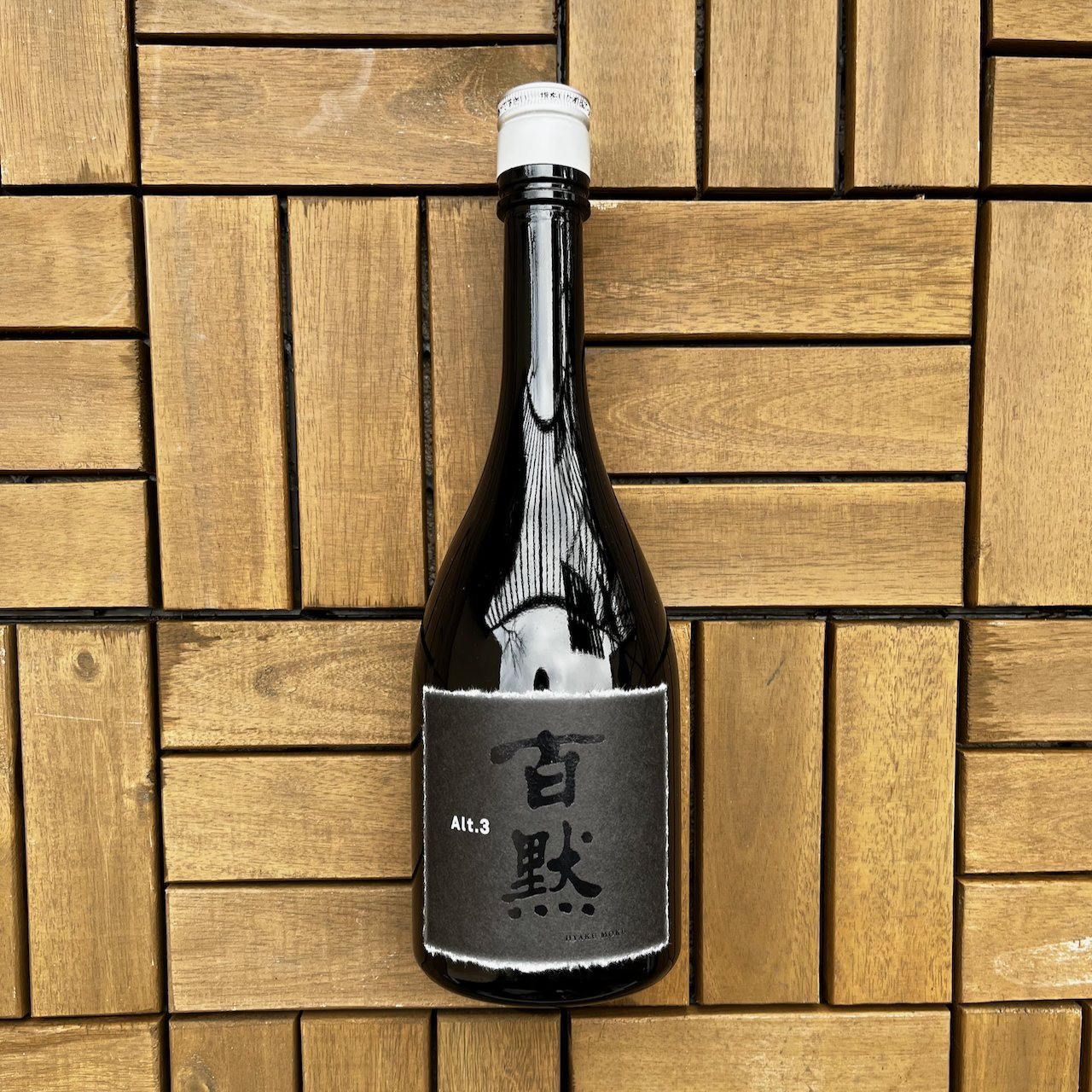




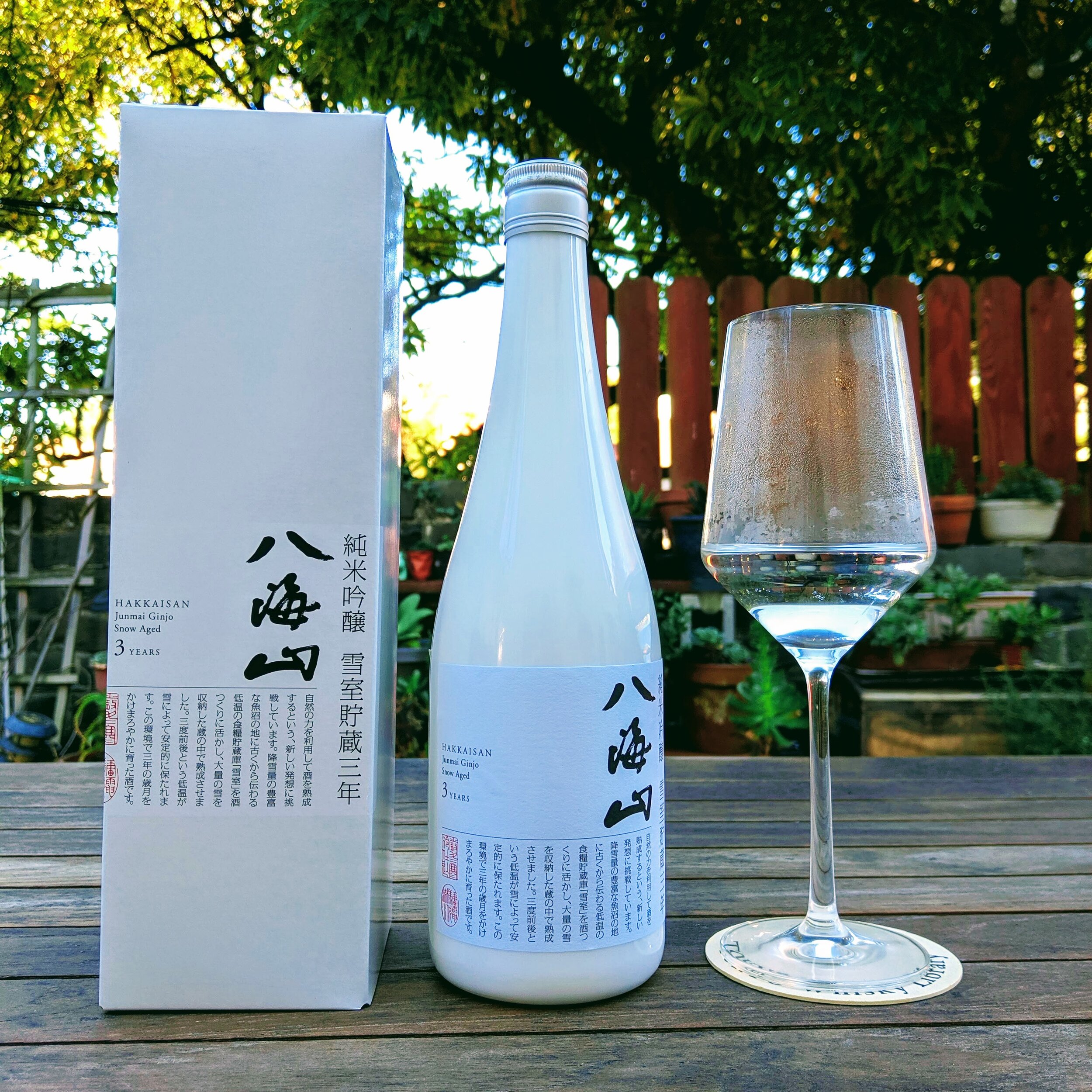


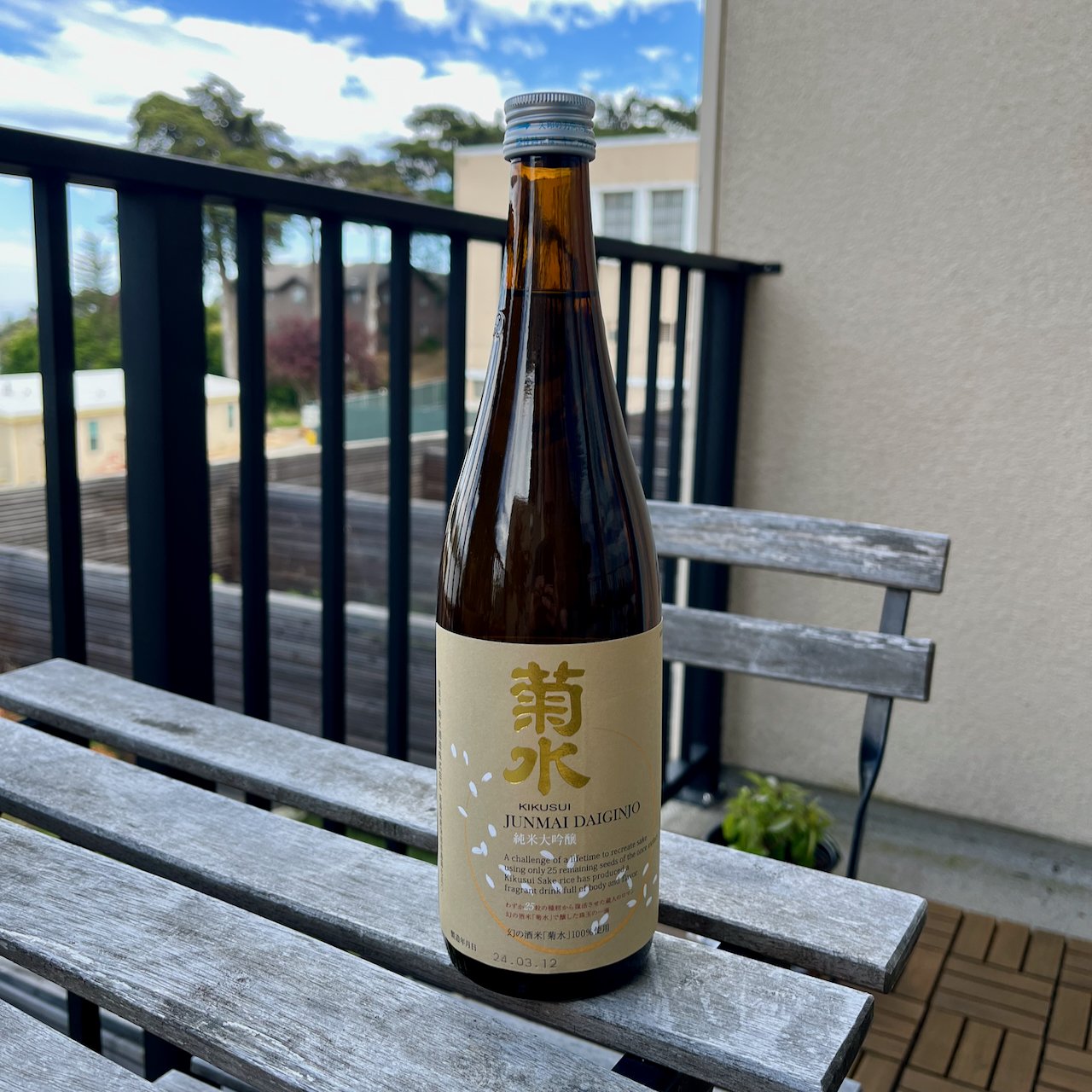
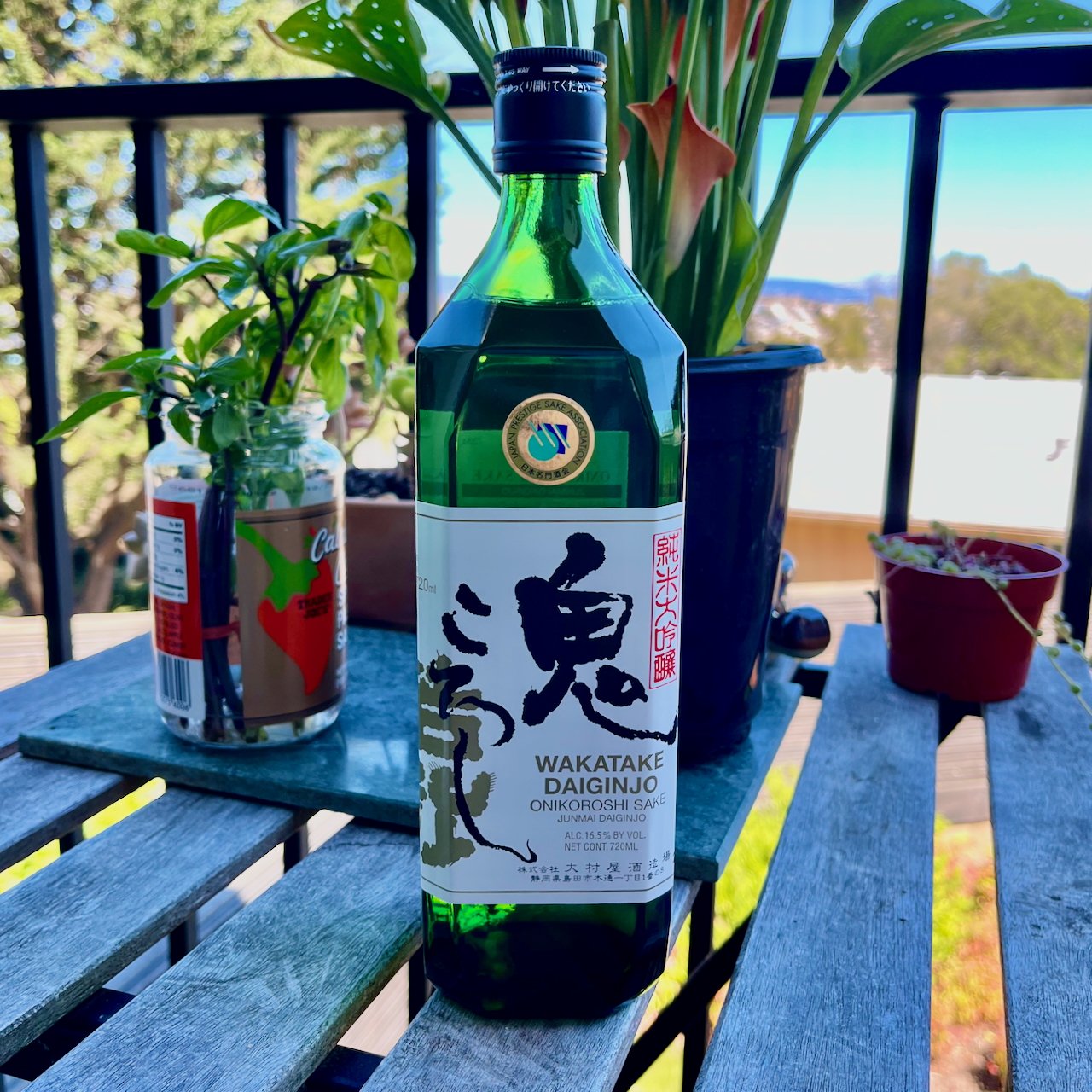
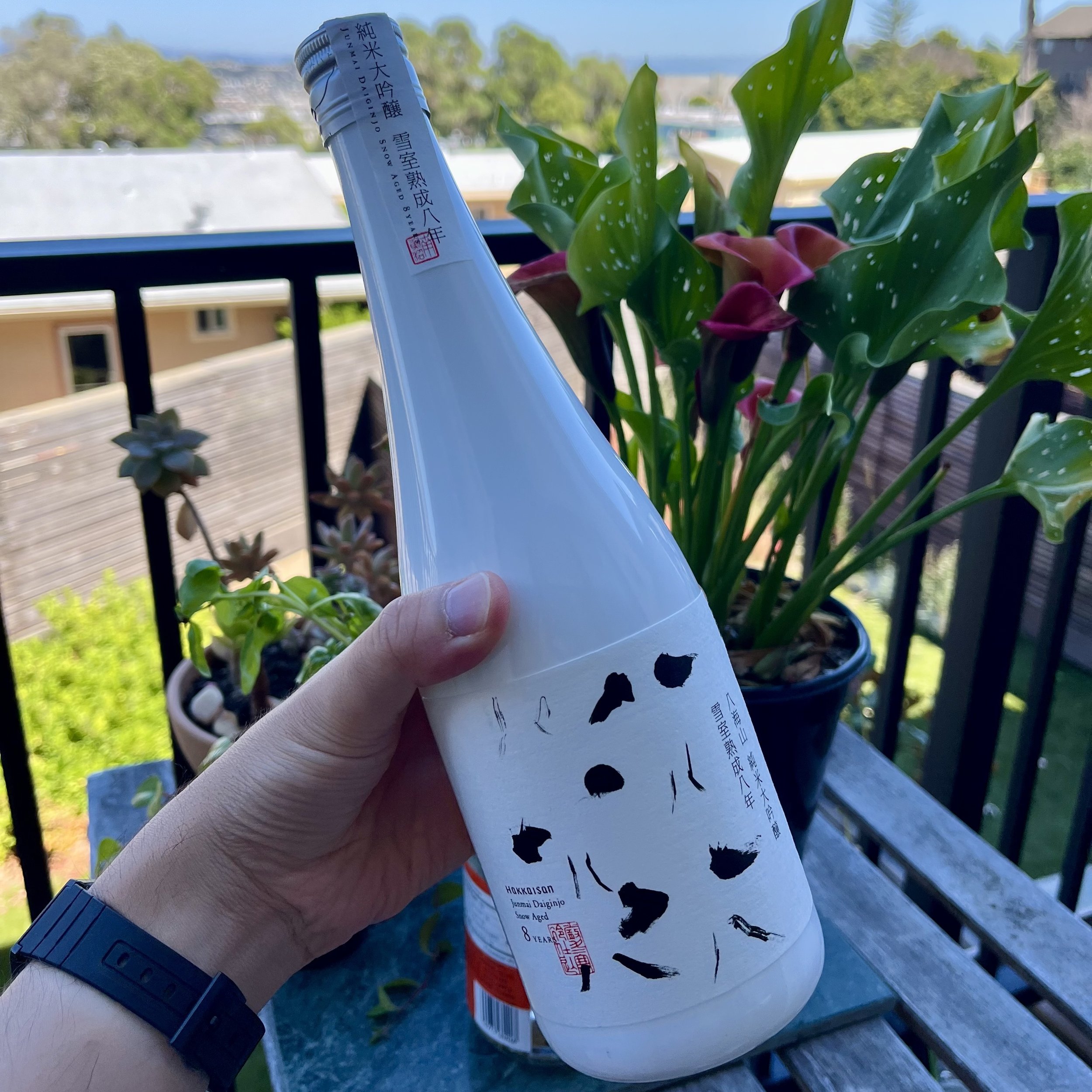
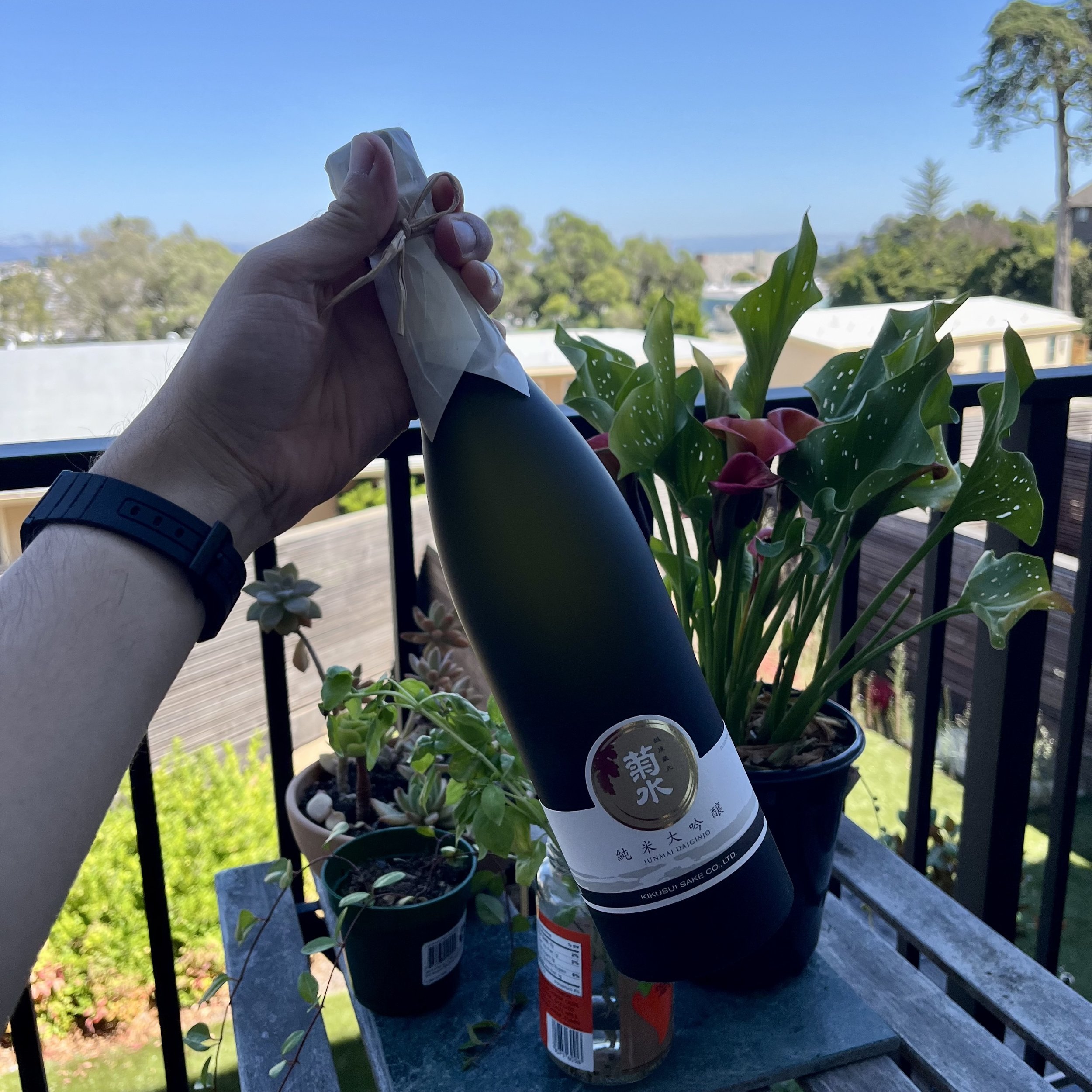
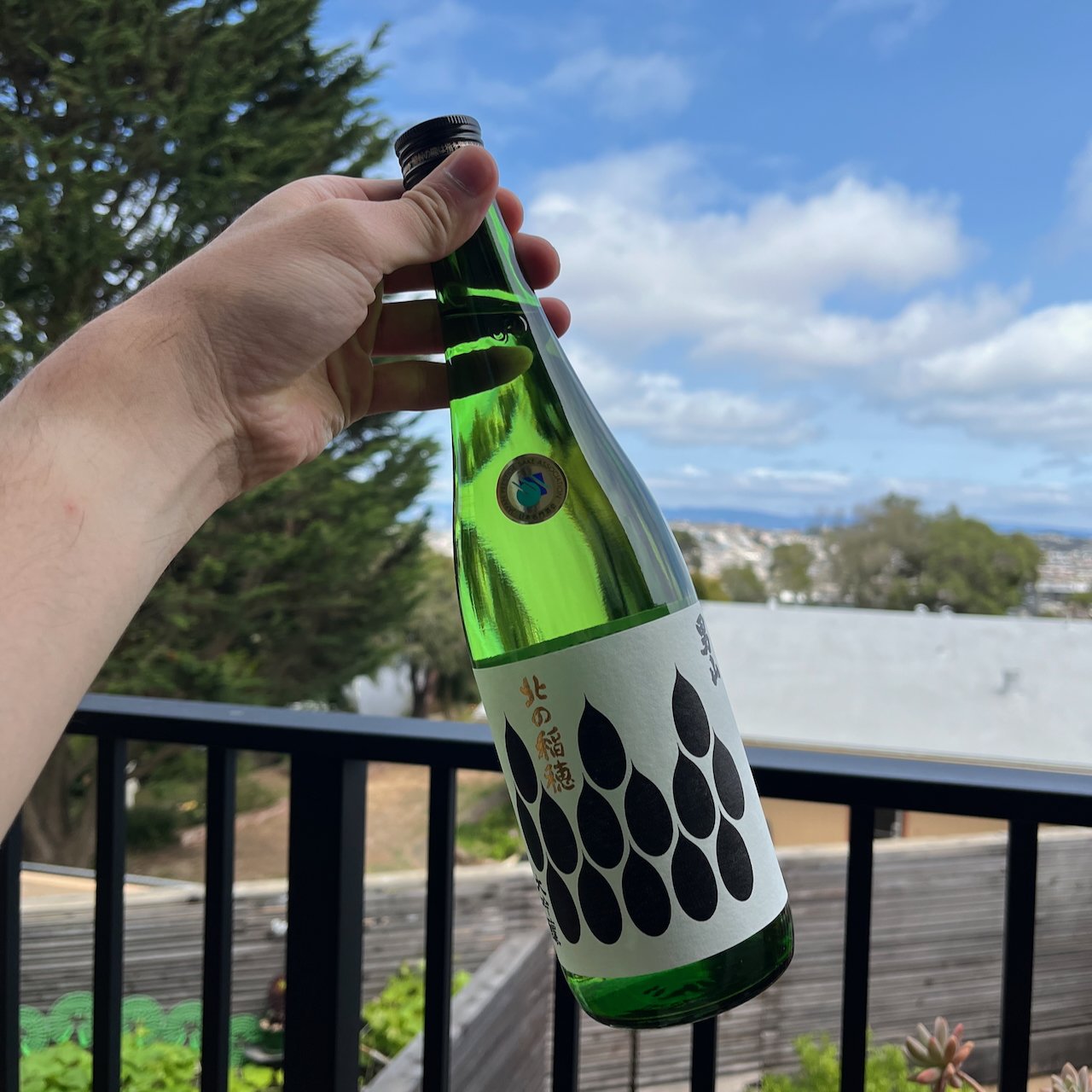
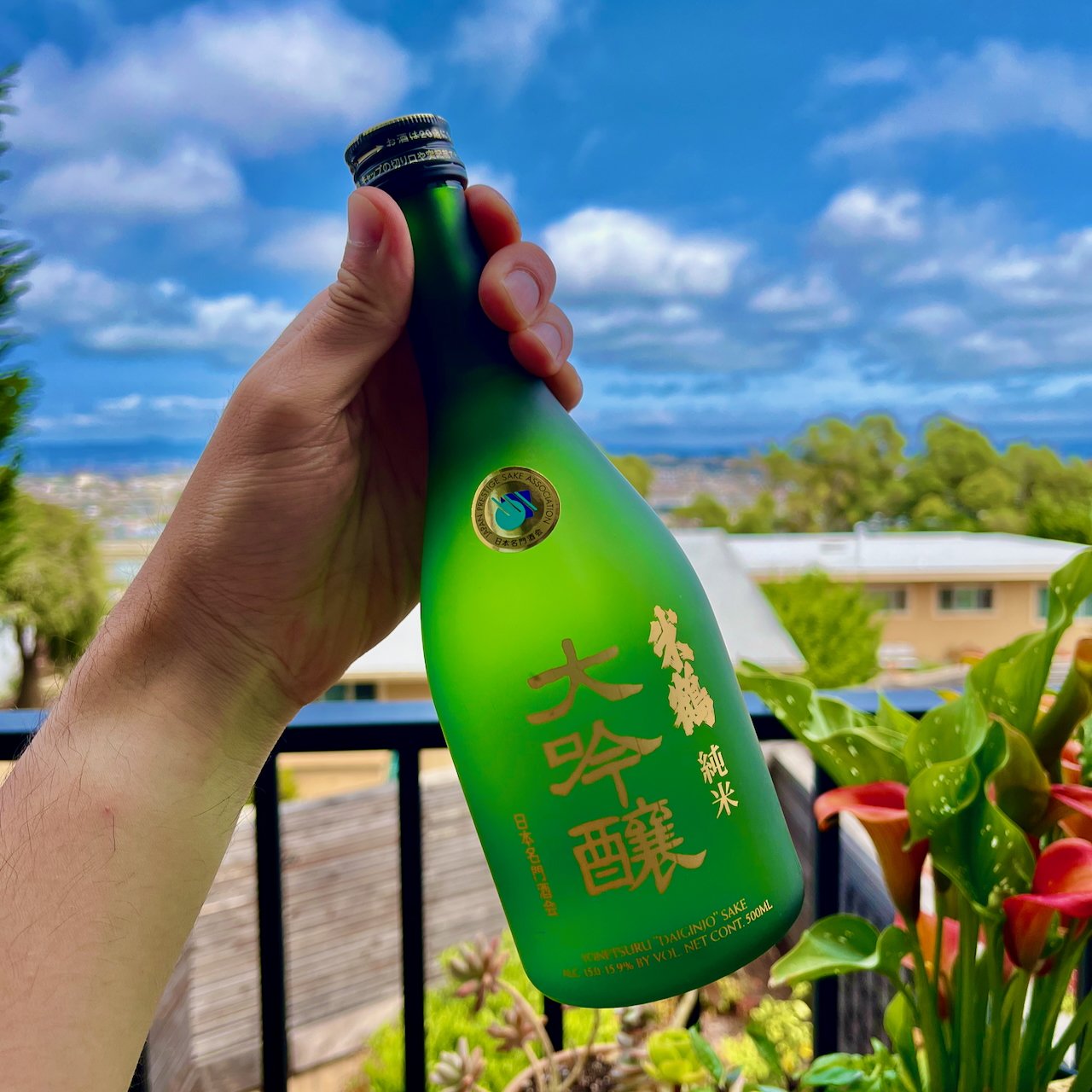

The seemingly effortless harmony so characteristic of Yamahai sake is present in Tengumai's masterful brew. Gorgeous pale straw pour, with a funky mushroom nose to match the acidic, dry and earthy first impression. While savoring the buttery mouthfeel, one may even notice hints of walnut bread and honeyed mead. When chilled, the more floral notes come into play.
Enjoyable at all serving temperatures but recommended to warm up!